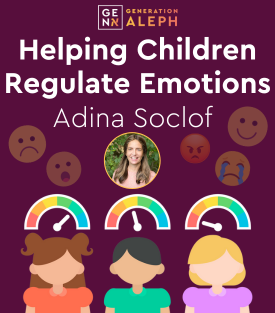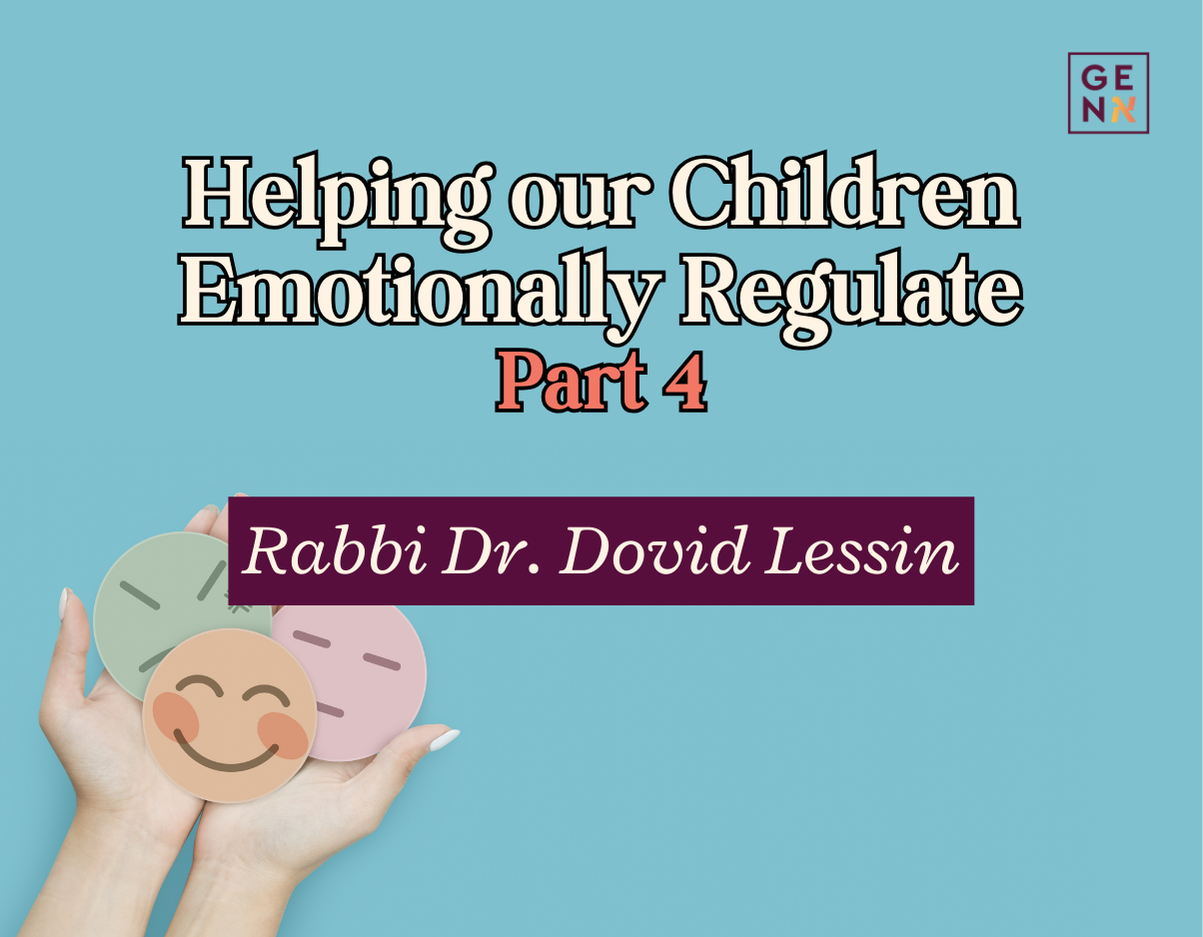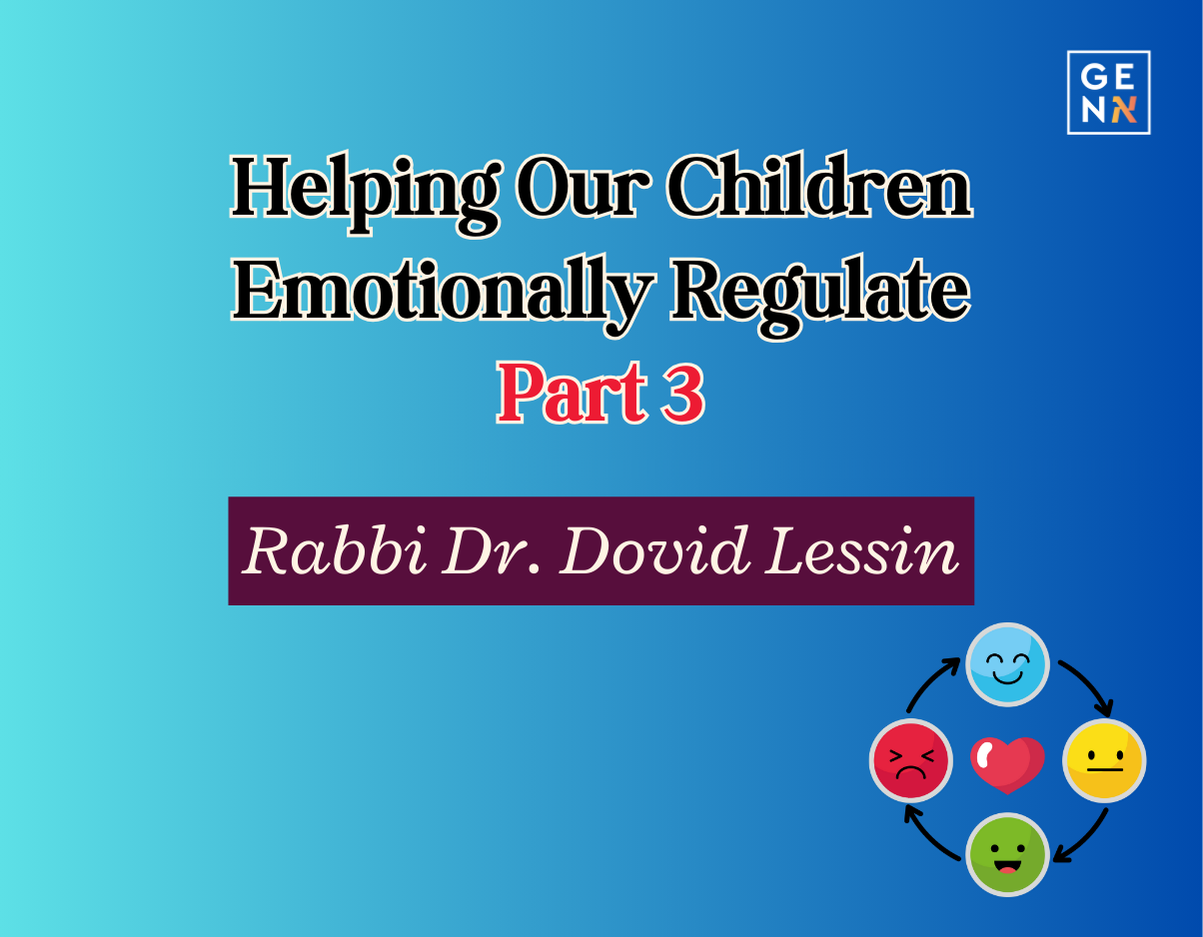“Sticks and stones will break my bones, but words will never hurt me.” It was never quite clear as a child why words shouldn’t hurt. It certainly felt like they did. Hurtful speech penetrates the human psyche, which is why the Torah teaches us to be careful with what we say so as not to cause pain to others (Sefer Hachinuch mitzvah 338). Words may not leave a physical mark, but they can certainly pack a punch.
I presume, as we all do, that the purveyors of the aforementioned wisdom were prescribing rather than describing, encouraging us not to take name-calling or verbal insults too seriously. It was a helpful reminder. Though hurtful words always did sting (and still do), our parents taught us that we could brush them off – a bonafide playground superpower. This tool is one that we must give our kids as well: teaching them how to be snow globes.
The beauty of the snow globe
Perched majestically upon the shelf (or somewhere behind an array of useless knickknacks), high above the fray of family fissures and feuds, rests the wondrous snow globe, a bastion of tranquility and peace. Peering out from behind its Eiffel Tower windows, this little ecosystem remains entirely unruffled by the slurs with which we slug and slay one another just beyond its walls. The winds of words never upset the weather pattern inside the snow globe. Sticks can break it and stones can overturn its paradise, but no verbal storm has ever succeeded in upending the serenity that alights the bookcase.
What is the secret to the snow globe’s equanimity? With all the quarreling it is bound to witness from its exalted position as the lookout of the living room, how does it not lose its snowy cool?
Developing thick skin
The snow globe’s secret, of course, is the impenetrable shield that separates and protects its tiny citizens from surrounding would-be oral offenders (the anti-snow globe community). Its glass of armor does a remarkable job at rendering it impervious to insult so that it may live on undisturbed, its flakes unflurried. An extraordinary achievement indeed. Three cheers for the snow globe!
Like the snow globe, our children can develop a protective membrane with the power to fend off hurtful comments that are flung their way. We call this thick skin. Much akin to the snow globe’s outer layer, thick skin is a shield our kids can use to prevent rhetorical slights from getting to them that shouldn’t. They can strengthen themselves from the inside so that verbal arrows bounce off their secure psychological armor. They too can have superpowers.
While skin is part of the body, its thickness is determined by the mind. The mind is in charge of what we tell ourselves, which accounts for what we allow to penetrate our psyche versus what we don’t. For instance, we tend to think that other people’s put-downs are responsible for our feelings. This is only partially true. It is also the case that we can view their words as simply that – words – that probably say more about them than they do about us. We rarely need to take other people’s negativity as seriously as we do.
The snow globe theory of emotional regulation
With thick skin in hand (and on it), we are ready to maneuver within relationships while maintaining our composure in the face of hostility. Here is the essence of the snow globe theory: We control the weather inside our own globes. No matter what others say, we choose what we allow to affect us. Just because you chose to be hurtful does not mean that I must let your words disrupt my climate. I can choose to listen, but I will use my mind to acknowledge my reactivity, give myself the time I need, and set the tone for how I choose to answer. You can influence many things outside my control, but my internal environment is not one of them – my inner world will always be my domain.
Chazal (Nedarim 32b) allude to our capacity to control our internal weather in their exposition of the verses in Kohelet 9:14-15, “There was a little city, with few men in it; and to it came a great king, who surrounded it and built against it mighty fortresses. Present in the city was a poor wise man who could have saved the city with his wisdom, but nobody remembered this poor man.” The sages teach that the city here refers to the body of man, the men in it – his limbs. The city’s only chance of survival is for wisdom to step in and, through ruling the kingdom, stave off any attackers who would threaten its existence. Man’s wisdom – his mind – has the ability to operate within himself – his body – and set the temperature that will save his territory.
Helping our kids set their weather
Admittedly, controlling the weather inside our globes is very hard to do. Words leave an emotional residue that can be quite difficult to scrub away. With children, however, the work is much easier. Kids are blessed in that they are not weighed down by years of emotional baggage that so many of us carry around, the type that hollows out a well through which insults ripple and spread. With children, by contrast, we can intervene before their wells are dug and provide them with self-talk that will fortify their membrane and build resilience.
When our kids come to us with injured egos, we can patiently listen and then let them know that just because another child said something hurtful doesn’t make it true. Moreover, we can teach them that while they don’t control what others say, they do control what they say to themselves. They are the kings and queens of their own snow globes. They can determine how to look at the other child (“maybe they were just having a bad day”), what to think of themselves (“I know that I was trying my best even if they didn’t see it”), and how they want to respond (“I won’t let this get to me. I’ll continue playing that game”). All of this is possible because our kids determine the weather in their own worlds.
The same holds when our kids bicker with one another. If you have more than one child, you’ve learned by now that it’s impossible to know where fights actually begin – these facts elude all sentient beings (who don’t own surveillance cameras). But determining who started it isn’t really the point – it’s a given that siblings will occasionally say or do insensitive things to one another. What matters more is that we teach our children to access their snow globes, to know that they are responsible for their own reactions and have the power to take a step back, remind themselves that they control their internal temperature, and decide what to say (or not say) next.
Building the membrane
In the realm of therapy, many of the young people I counsel take umbrage with the idea that we could “just” tell ourselves things and then, magically, feel ok (ah, the infamous “just,” notorious underminer of many a therapeutic intervention). How could these empty mantras, they argue, be any solace at all when faced with real emotional pain from another person’s insults?
Let us be clear: nothing “just” happens. Developing a psychological membrane through laboriously changing our self-talk has little to do with quick fixes, one-liners, or miraculous incantations. Building resilience is hard work, born of repeated attempts, struggles, and ultimately triumphs. If we are willing to stay the course and not expect immediate results, we can construct an internal city, replete with metaphorical Coliseums and Empire State Buildings, that will not be easily shaken.
And so it is with our kids. Snow globes aren’t built in a day. But when we confidently and patiently guide our children to develop wise self-talk, they will learn that other people’s insensitive comments need not shake them. Because, as our parents knew, words are not the same as sticks and stones. They are nothing in the face of thick skin, which is the key to maintaining beautiful globes – sturdy, strong, and peaceful.
Submit your questions
"*" indicates required fields










